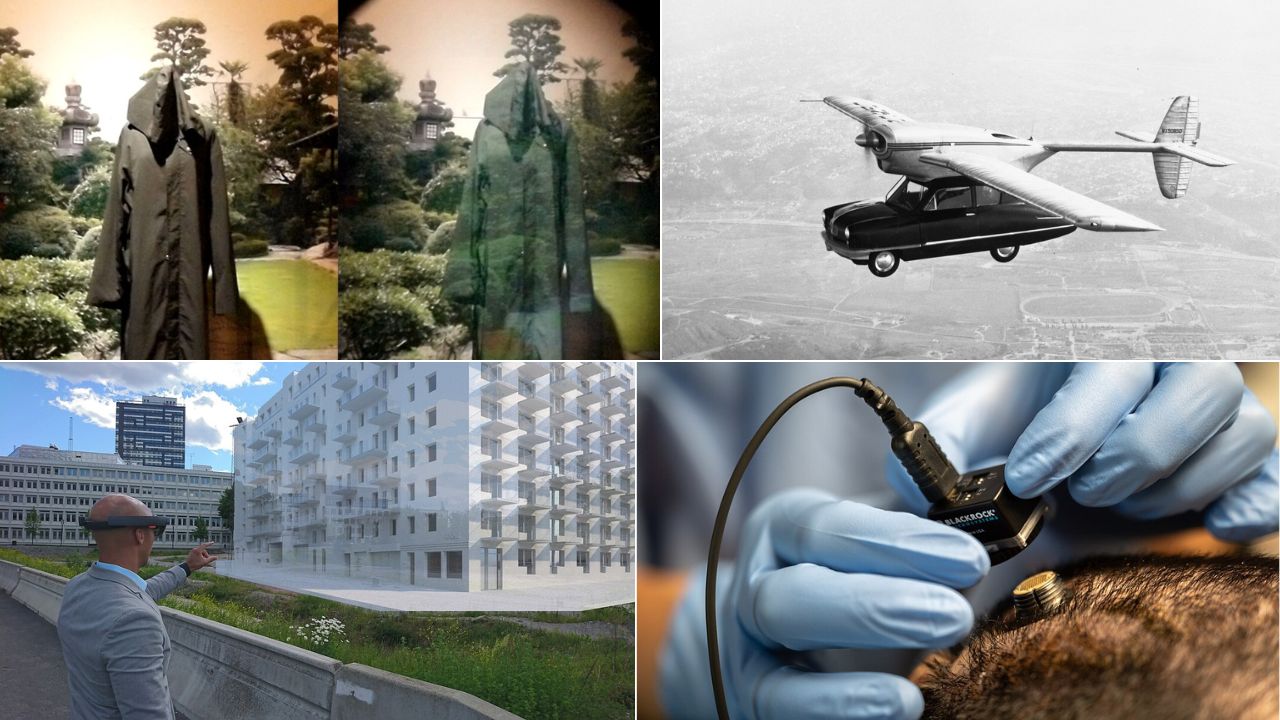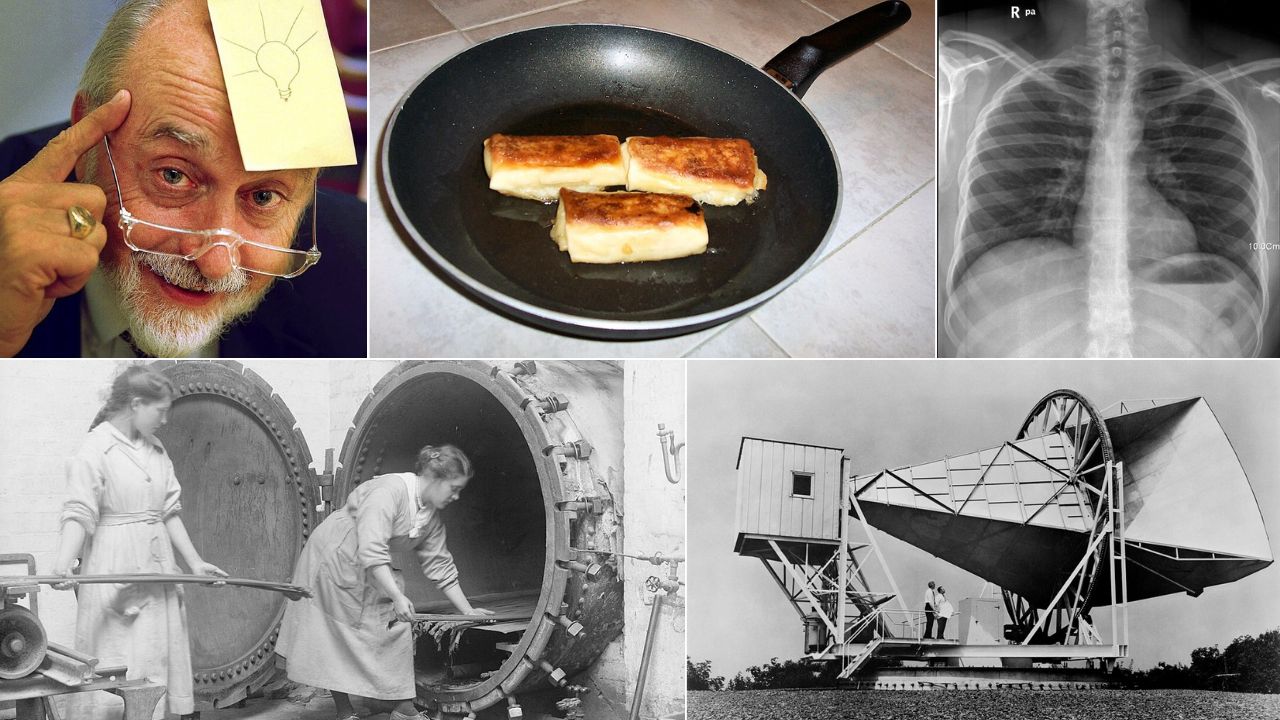We’ve all seen incredible gadgets in science fiction movies—flying cars, invisibility cloaks, and robots with artificial intelligence. But what if we told you that many of these technologies are closer to reality than we think? From mind-controlled devices to fully autonomous vehicles, today’s scientific advancements sound like something straight out of a futuristic movie. Here are 10 real technologies that sound like science fiction but are shaping the world we live in.
1. Self-Driving Cars
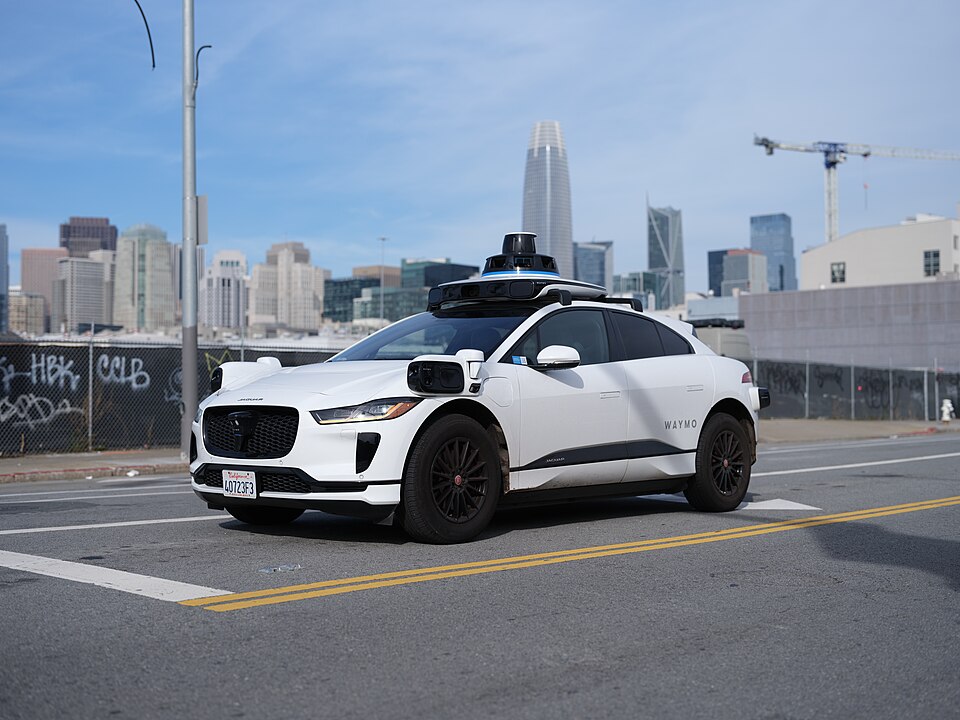
Self-driving cars were once a far-fetched idea, but now, autonomous vehicles are being developed by companies like Tesla and Waymo. These cars use advanced sensors, cameras, and machine learning to navigate roads without human intervention. While fully autonomous cars are not yet commonplace, they are already being tested on public roads, and some are already in use in select cities. The technology continues to evolve, and self-driving cars could revolutionize the way we travel in the near future.
2. Brain-Computer Interfaces (BCI)

Brain-computer interfaces (BCI) are technologies that allow the brain to communicate directly with external devices. For instance, Elon Musk’s company Neuralink is working on implanting tiny electrodes into the brain to control computers, prosthetics, and even artificial intelligence with thoughts alone. While still in the experimental phase, BCIs have the potential to help individuals with paralysis regain mobility, enhance cognitive abilities, and even unlock new ways of interacting with technology, making this sound like pure science fiction.
3. Quantum Computing

Quantum computing sounds like something out of a futuristic sci-fi novel, but it’s a very real technological development. Quantum computers use quantum bits (qubits) to perform complex calculations at speeds far beyond traditional computers. Unlike classical computers, which use binary bits (0 or 1), quantum computers take advantage of quantum states like superposition and entanglement to solve problems that would take classical computers millions of years to crack. While quantum computers are still in their infancy, they have the potential to revolutionize fields like cryptography, medicine, and artificial intelligence.
4. 3D Printing of Organs

While 3D printing has been used to create objects like jewelry and even food, it’s now making waves in the medical world. Researchers are developing technologies to 3D-print organs like kidneys, livers, and hearts. Using a patient’s own cells, scientists are creating bio-printed tissues that could one day replace organ transplants. This futuristic technology could revolutionize healthcare by eliminating long waiting lists for organ donations and reducing the risks of organ rejection, bringing us closer to science fiction-like medical solutions.
5. Augmented Reality (AR)
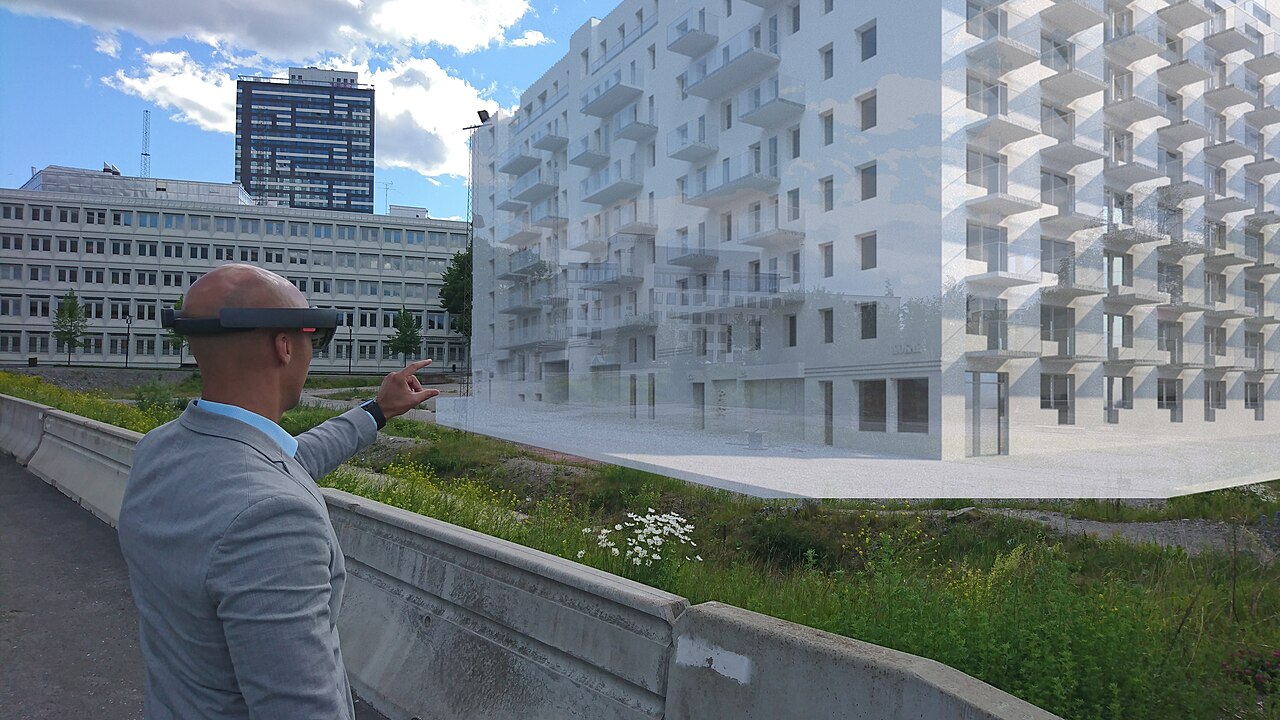
Augmented Reality (AR) overlays digital images, sounds, and other sensations onto the real world, creating an immersive experience. This technology is already being used in games like Pokémon Go, and is being integrated into industries ranging from healthcare to architecture. With AR glasses and smartphones, users can interact with virtual objects in real-time, enhancing learning, entertainment, and work processes. In the future, AR could be used for everything from virtual shopping to interactive classrooms, changing how we see and engage with the world.
6. Invisibility Cloaks

The concept of an invisibility cloak has long been a staple in science fiction, but recent advancements in materials science are bringing it closer to reality. Scientists are developing “metamaterials” that can bend light around an object, making it appear invisible to the human eye. While current prototypes only work on certain wavelengths of light (like infrared), the potential for a fully functioning invisibility cloak is on the horizon. This technology could have applications in everything from military defense to privacy protection.
7. Flying Cars
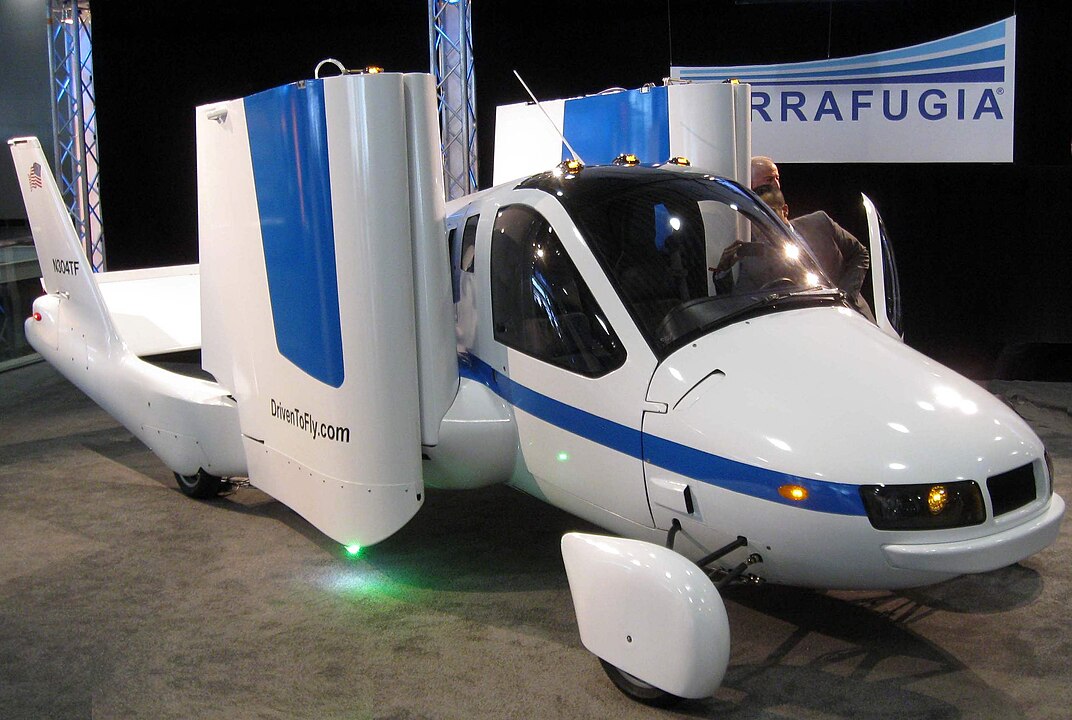
Flying cars have been the subject of science fiction for decades, but they’re slowly becoming a reality. Companies like Terrafugia and PAL-V are already developing and testing flying cars that can be driven on roads and then take to the skies. These vehicles combine elements of airplanes and cars, allowing them to be driven as regular vehicles but also take off and fly when needed. While they’re not yet available for the general public, flying cars may soon be a common mode of transportation in urban environments.
8. Smart Contact Lenses
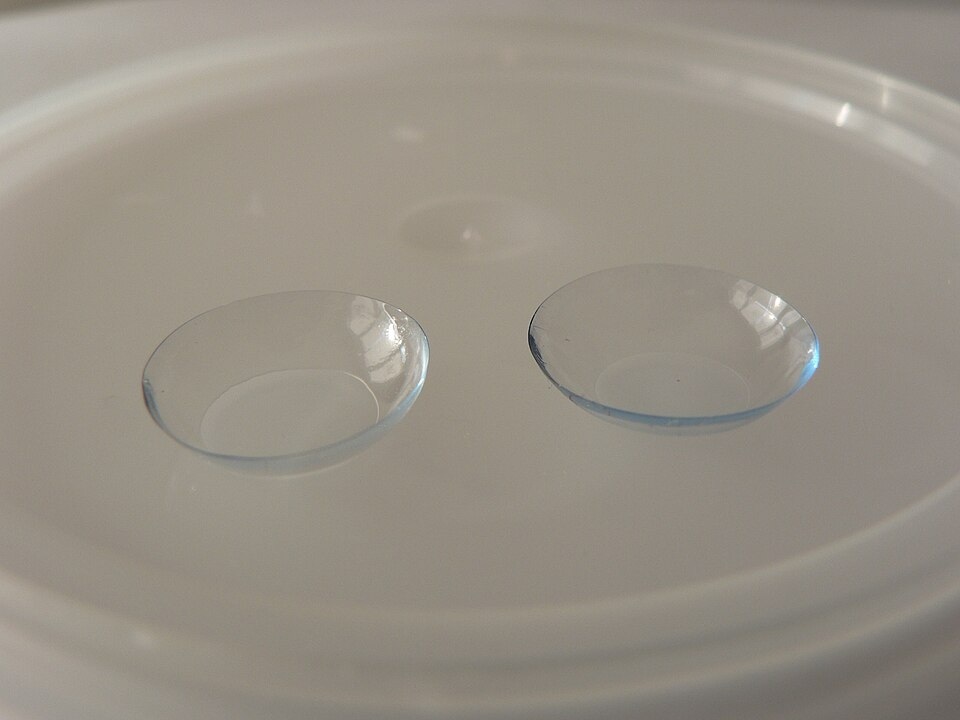
Smart contact lenses are a next-level wearable technology that could revolutionize how we interact with the world. Companies like Google and Samsung are developing lenses that can display information, monitor health, and even offer augmented reality features right on your eye. These lenses could eventually replace smartphones, allowing users to see information on their lenses, control devices with eye movements, and even monitor vital signs. The concept of smart lenses may sound like science fiction, but it’s a technology in development right now.
9. Genetic Engineering

Genetic engineering allows scientists to modify DNA in living organisms, offering the possibility to cure genetic diseases, improve crops, and even “design” babies. CRISPR, a groundbreaking technology, enables precise edits to the genome, allowing for targeted changes to an organism’s genetic code. This technology holds promise for eradicating inherited diseases and has sparked debates over ethical concerns, especially when it comes to gene editing in humans. The potential benefits of genetic engineering are immense, making it a true science fiction-like technology that’s becoming a reality.
10. Space Tourism
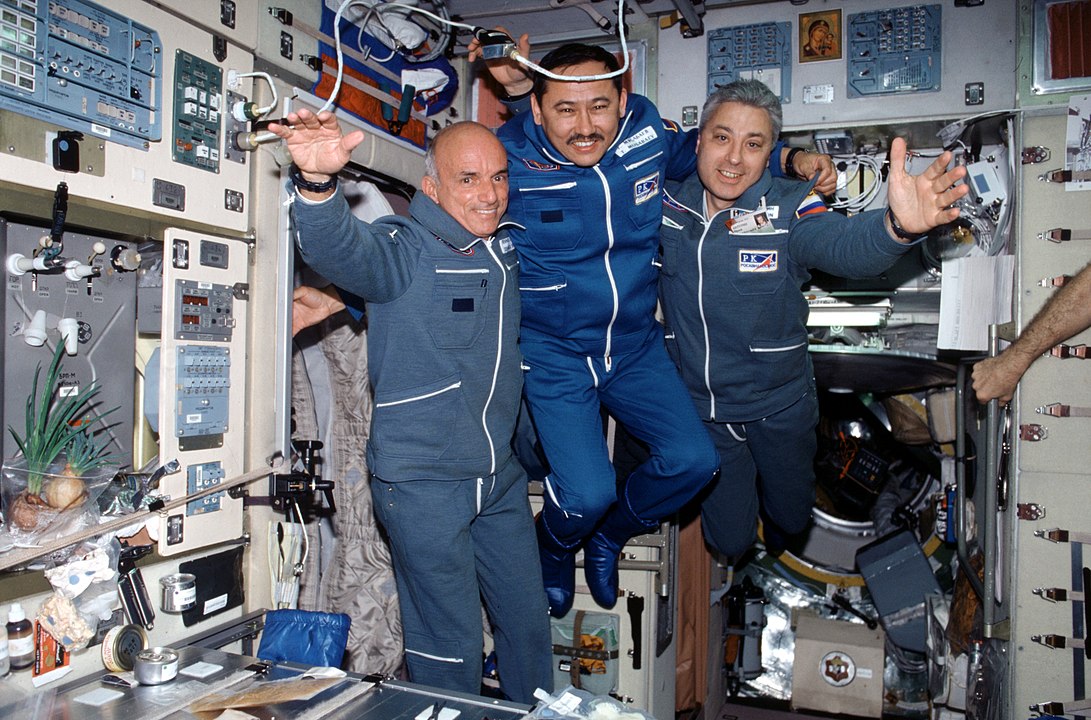
The idea of traveling to space was once reserved for astronauts, but space tourism is becoming increasingly accessible. Companies like SpaceX, Blue Origin, and Virgin Galactic are developing commercial space travel, allowing private citizens to take suborbital flights. These trips offer passengers a brief but unforgettable experience of weightlessness and views of Earth from space. As technology advances and costs come down, space tourism could become a mainstream industry, making space travel as accessible as booking a flight to another country.
